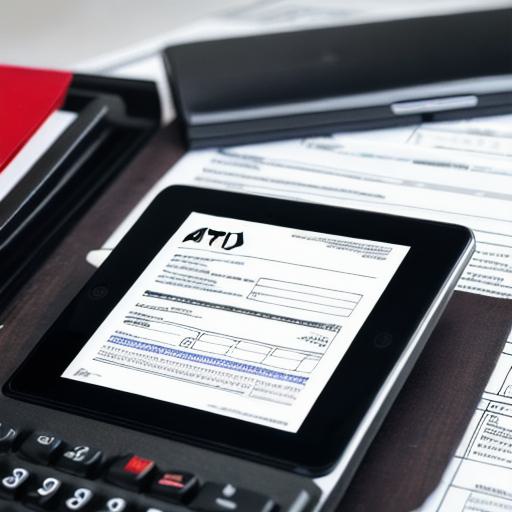1099 for Web Developers: What You Need to Know
As a web developer, you know how important it is to keep your website running smoothly and efficiently. One of the most crucial aspects of this is ensuring that your website complies with tax regulations, including the requirement to file 1099s. In this article, we’ll explore everything you need to know about 1099s for web developers, including what they are, why they’re important, and how to file them correctly.
What is a 1099?
A 1099 is a tax form that is used to report income paid to independent contractors or self-employed individuals. This includes payments made for services such as web development, graphic design, writing, and more. The purpose of the 1099 is to ensure that these individuals pay their taxes on the income they receive from their work.
Why are 1099s important for web developers?
As a web developer, you may hire independent contractors or self-employed individuals to help with your website. These individuals may include graphic designers, writers, programmers, and more. By hiring these individuals, you are responsible for ensuring that they pay their taxes on the income they receive from their work. This is where 1099s come in.
By filing a 1099, you are providing the necessary information for the independent contractor or self-employed individual to report their income and pay their taxes. Failure to file a 1099 can result in penalties and legal action against both you and the individual.
How do I file a 1099?
Filing a 1099 is a straightforward process. You will need to gather all of the necessary information about the independent contractor or self-employed individual, including their name, address, and Social Security number (if applicable). Once you have this information, you can fill out the 1099 form and submit it to the appropriate government agency.
It’s important to note that there are different forms of 1099s, depending on the type of payment made to the independent contractor or self-employed individual. For example, if you paid an individual for services, you would file a 1099-MISC. If you paid an individual for goods, you would file a 1099-K.
Case study: How failing to file a 1099 can result in penalties and legal action
In one case, a web development company failed to file 1099s for the independent contractors they hired to work on their website. When the government discovered this, they levied a penalty of $25,000 against the company. In addition to the penalty, the company also had to pay back taxes and interest on the undeclared income.
The cost of failing to file 1099s can be significant, both financially and legally. It’s important for web developers to understand their responsibilities under tax regulations and to take the necessary steps to comply with them.

Summary
In conclusion, as a web developer, it’s important to understand the requirements for filing 1099s. By providing the necessary information on the income paid to independent contractors or self-employed individuals, you can help ensure that they pay their taxes and avoid penalties and legal action. Remember to file the correct form and gather all of the necessary information about the individual you are paying. By doing so, you can help keep your website running smoothly and efficiently while also complying with tax regulations.
